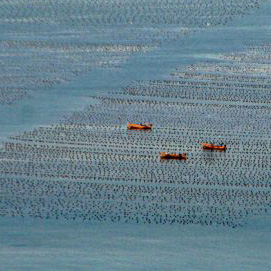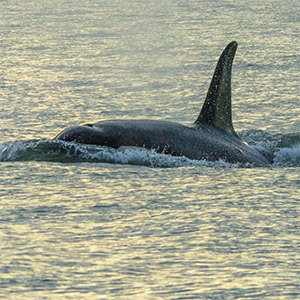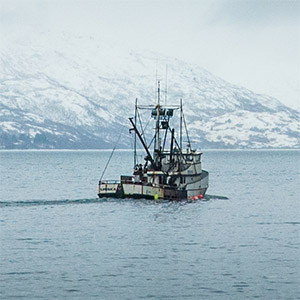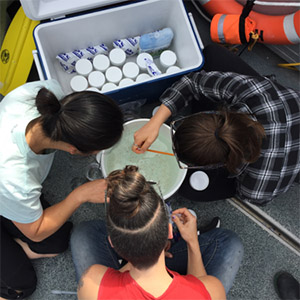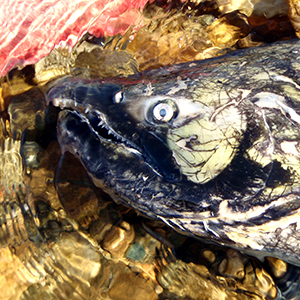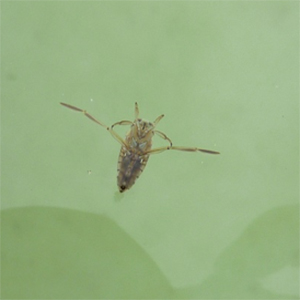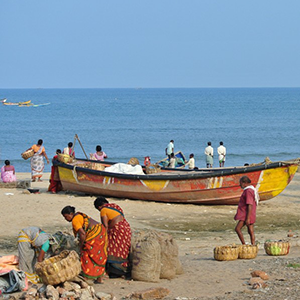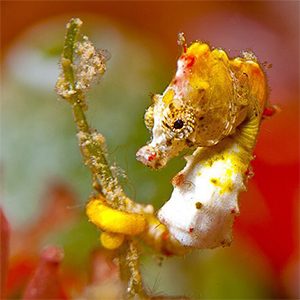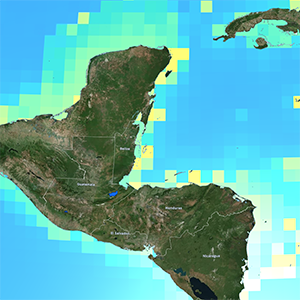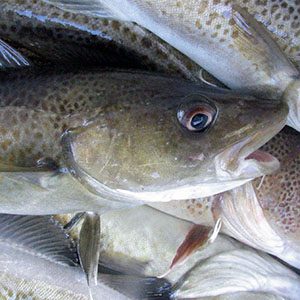Aerial drones offer new perspective on resident killer whale behaviour
Scientists got a rare glimpse into the underwater behaviour of killer whales off the B.C. coast, with the help of aerial drones.
Rapidly changing Arctic fisheries potential requires comprehensive management
Unmitigated climate change could net fisheries in the Arctic 37 times more fish than current annual catch amounts by the end of the century
HCI Marine Food Webs – Summer sampling trip to Quadra Island
Hakai Coastal Initiative Marine Food Webs Working Group (FWWG) undertook a 10-day sampling trip which looked at day/night behaviour of bacteria, protists, zooplankton, and parasites in the Strait of Georgia.
New viruses discovered in endangered wild Pacific salmon populations
All three are related to viruses that cause serious disease in other species.
Role of top predators in helping ecosystems adapt to climate change
Researchers found that when predators are not present in the ecosystem, the overall biomass and abundance of algae declined significantly with increasing temperature.
Climate impacts on the ocean are making Sustainable Development Goals harder to achieve
In other words, climate change is not just an environmental problem, but one that inhibits our ability to tackle other social issues.
New approach for determining conservation threat for species with little data
With species-level CHI modelling, researchers could estimate conservation status for thousands of Data Deficient species on the IUCN Red List.
Gabriel Reygondeau named ‘The Marine Guy’ for the Half Earth Project
He was also named a UBC-Yale Fellow.
Environmental changes and fisheries impact Baltic fish stocks more than grey seal predation
Fishing mortality and environmental factors affect fish biomass and catches more than seal predation in the region.
